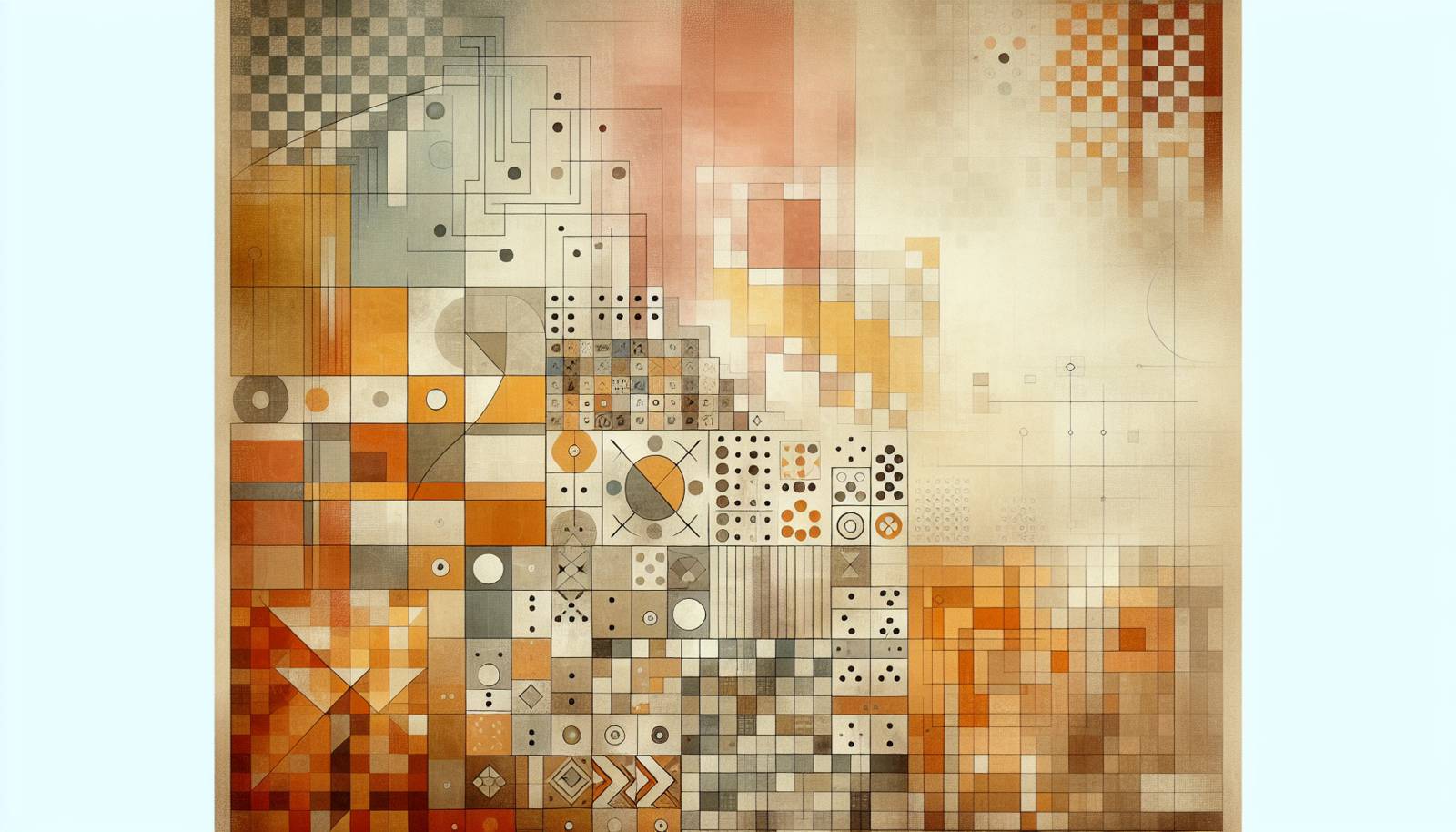
FAQ About The Cultural Impact of Board Game Renaissance

What is the board game renaissance?
The board game renaissance refers to the significant resurgence of interest in board games over the past few decades. While board games have existed for centuries, the late 1990s and early 2000s saw a revitalized interest in tabletop gaming. This era is characterized by the development of innovative game mechanics, thematic depth, and high-quality production, attracting a diverse range of players worldwide.

How has the board game renaissance influenced social interactions?
The board game renaissance has positively influenced social interactions by encouraging face-to-face gatherings, fostering communication, and building community bonds. By requiring players to gather around a table and engage directly, board games help improve interpersonal skills, enhance active listening, and create a shared space for collaboration and strategic thinking.

Why have board games made a comeback in recent years?
Board games have made a comeback due to several factors, including the rise of innovative game design, digital fatigue, nostalgic appeal, and community-driven platforms like Kickstarter. The appeal of tactile, social experiences that contrast with the increasing digitization of entertainment has drawn people back to the table, where they can enjoy in-person interaction and strategic challenges.

What are some examples of popular board games from the renaissance period?
Some popular board games that have emerged during the renaissance period include Settlers of Catan, Ticket to Ride, Carcassonne, and Pandemic. These games are known for their engaging mechanics, strategic depth, and ability to accommodate various player counts, making them appealing to a broad audience.

How do board games foster strategic and collaborative skills?
Board games foster strategic and collaborative skills by presenting players with challenges that require critical thinking, planning, and teamwork. Games often involve resource management, problem-solving, and negotiation, which helps players develop and refine strategies. Cooperative games, in particular, emphasize teamwork, as players must work together to achieve common objectives.

What is the economic impact of the board game renaissance?
The board game renaissance has significantly impacted the economy by creating new jobs, boosting sales in retail stores, and encouraging the growth of local game cafes and conventions. Crowdfunding platforms have enabled independent designers to reach global markets, leading to diverse game offerings and increased consumer spending in the tabletop industry.

How have crowdfunding platforms affected the board game industry?
Crowdfunding platforms like Kickstarter have revolutionized the board game industry by providing game designers with the financial means to bring their ideas to life. This has led to a surge in independent and innovative board games, allowing creators to engage directly with potential customers and gauge interest before mass production.

What role do board game conventions play in the cultural impact of board gaming?
Board game conventions play a crucial role in the cultural impact of board gaming by creating spaces where enthusiasts can explore new games, meet designers, and share in a communal experience. Conventions often host tournaments, workshops, and panels, fostering a sense of community and allowing players to deepen their appreciation and understanding of the hobby.

How has digital technology influenced board games?
Digital technology has influenced board games in several ways, from the development of digital adaptations and companion apps to enhancing game mechanics with digital elements. Technology has made it possible for players to connect remotely and play together online, blurring the lines between digital and physical gaming while maintaining some traditional elements.

Are board games being used in education and therapy?
Yes, board games are increasingly being used in educational and therapeutic settings to teach various skills and facilitate healing. In education, board games can help develop critical thinking, math, and language skills. In therapy, they are used to improve social interactions, emotional regulation, and problem-solving abilities, offering a playful yet effective medium for growth.

What differentiates modern board games from traditional ones?
Modern board games are often characterized by their emphasis on strategy, thematic depth, and replayability. Unlike many traditional games that rely on luck, modern board games use complex mechanics that require critical thinking and decision-making. They often feature rich narratives, beautiful artwork, and unique components that enhance the overall gaming experience.

How has the demographic of board game players changed during the renaissance?
The demographic of board game players has broadened during the renaissance, including more families, women, and young adults who are drawn to the social aspects and intellectual challenges of modern games. Increased accessibility to diverse themes and mechanics has also engaged a wider audience, breaking the stereotype that board gaming is solely a pursuit for geeks or children.

What impact have board games had on family dynamics?
Board games have positively impacted family dynamics by providing opportunities for family members to disconnect from technology and spend quality time together. Playing board games helps strengthen bonds, improve communication, and create lasting memories. Additionally, the cooperative nature of many games encourages teamwork and understanding among family members.

How are board games used in team-building activities?
In team-building activities, board games are used to enhance communication, collaboration, and problem-solving among team members. By engaging in a shared goal or competitive atmosphere, players can learn to work together effectively, understand team dynamics, and develop rapport. Board games offer a fun and low-stress environment for teams to strengthen their working relationships.

What is the social impact of board game cafes?
Board game cafes have a significant social impact by providing welcoming spaces where people can gather, play games, and meet others who share similar interests. These cafes foster community, reduce social isolation, and offer an inclusive environment for people of all ages and backgrounds to enjoy tabletop gaming in a social setting.

Why do many modern board games focus on cooperative gameplay?
Many modern board games focus on cooperative gameplay to foster teamwork and collaborative problem-solving. Cooperative games encourage players to work together towards a common objective, often facing shared challenges. This type of gameplay can be particularly appealing as it reduces competitive stress and promotes a collective victory, highlighting the importance of group dynamics and cooperation.

How does the storytelling aspect of board games contribute to their appeal?
The storytelling aspect of board games contributes to their appeal by immersing players in engaging narratives that enhance the gaming experience. Story-driven games often allow players to make choices that affect the outcome, creating a dynamic and personalized experience. This narrative depth enriches the emotional investment and enjoyment, offering more than just mechanical gameplay.

How do cultural themes in board games enhance their impact?
Cultural themes in board games enhance their impact by offering players insight into diverse histories, traditions, and narratives. By incorporating cultural elements, games can educate and provoke thought while entertaining, fostering greater understanding and appreciation of different cultures. This can lead to more inclusive designs and discussions around representation in the gaming world.

What are the challenges faced by the board game industry during its renaissance?
The board game industry faces several challenges during its renaissance, including market saturation, distribution hurdles, and the environmental impact of manufacturing. As the number of new games increases, it becomes harder for individual titles to stand out, and reaching audiences globally can be difficult. Additionally, the industry grapples with the environmental implications of production, prompting some publishers to seek sustainable practices.

How has the role of board game designers evolved in recent years?
The role of board game designers has evolved to encompass broader skills, including marketing, community engagement, and multimedia integration. Modern designers often engage with their audience through social media and crowdfunding campaigns, navigating both creative and business aspects of game development. This evolution reflects the changing landscape of the board game industry, where designers are more visible and directly connected to the gaming community.
